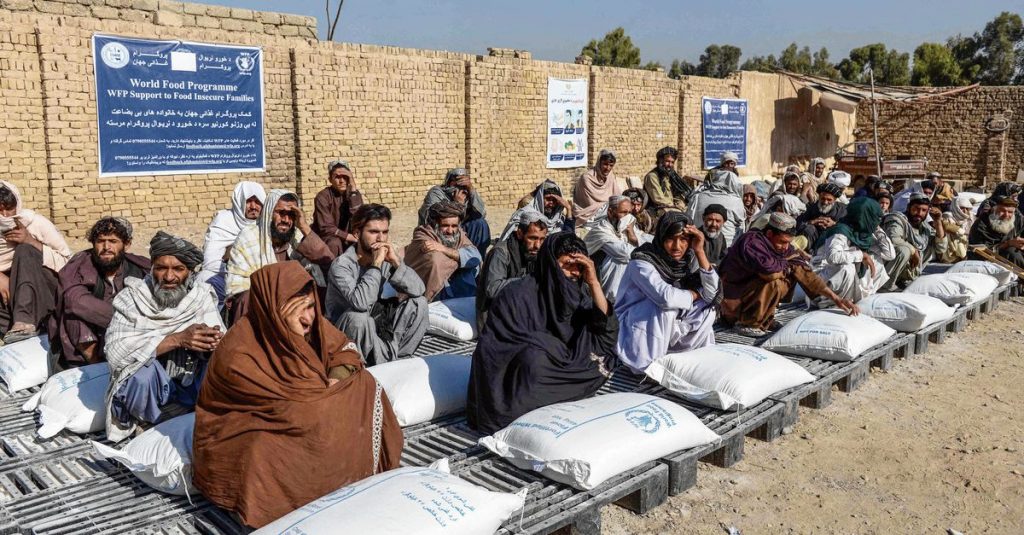Millions of Afghans are at risk of dying from food shortages if international action is not taken. That’s what the United Nations World Food Program told Reuters on Monday. About 23 million people, more than half of the Afghan population, face acute food insecurity. Two months ago, the World Food Program estimated that number at 14 million. “Afghanistan is now one of the world’s worst humanitarian crises, and perhaps the most serious,” said David Beasley, Executive Director of the World Food Programme.
Even before the Taliban took over Afghanistan in August, the country was suffering from severe food shortages, due to climate change, among other things. After the Taliban seized power, the country’s already fragile economy, which relies heavily on foreign aid, was further weakened. Western countries, the World Bank and the International Monetary Fund suspended billions of dollars in aid. On Monday, WFP Director Beasley called for the funds to be made available again “so that people can survive.” Currently, many Afghans are forced to sell their personal belongings in order to buy food.
Donors Conference
On Monday, the Russian special envoy to Afghanistan, Zamir Kabulov, announced that his country will provide humanitarian aid to Afghanistan in the coming days. Last week, Russia hosted Taliban representatives in Moscow and called for a UN-sponsored donors’ conference for Afghanistan. Russia fears instability in Afghanistan will spread to other Central Asian countries and wants to increase its influence in the country after the United States withdrew its forces this summer.
The European Union is also trying to link up with the new system. The European Union Diplomatic Service (EEAS) announced, on Sunday, its intention to open a mission in Afghanistan. Details of when and in what form the EU representative would go to Afghanistan were not disclosed. An EEAS spokesperson confirmed to financial times The proposed opening does not constitute recognition of the Taliban. Unlike their Russian, Chinese and Turkish counterparts, the majority of EU diplomats left when the Taliban captured the Afghan capital, Kabul.
A version of this article also appeared on NRC on the morning of October 26, 2021


